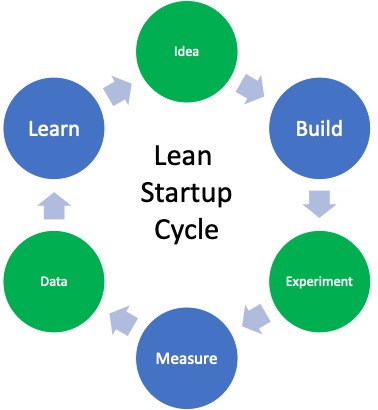Automation is transforming the way businesses operate. It involves using technology to perform tasks that were previously done manually, making processes faster, cheaper, and more accurate. For businesses looking to stay competitive, automation is no longer optional—it’s essential.
What is Automation?
Automation means using tools, machines, or software to handle repetitive tasks. These can be as simple as sending automated emails or as complex as managing a production line in a factory. By automating these tasks, businesses can save time, reduce errors, and focus on more important work.
Why Automation Improves Efficiency?
Time saving
Repetitive tasks take up a lot of time. For instance, instead of manually tracking sales or sending reminders, automation tools can handle them in seconds. This allows employees to focus on more critical tasks that require human creativity or decision-making.
Error Reduction
Humans make mistakes, especially when tasks are repetitive or time-consuming. Automation eliminates this risk by ensuring tasks are done accurately every time. For example, automated invoicing systems ensure customers are billed correctly.
Lower Costs
Hiring people to handle every task can be expensive. Automation reduces the need for extra staff by taking care of routine processes. Over time, this leads to significant cost savings for the business.
Improved Productivity
When employees are free from repetitive tasks, they can focus on more productive work. This increases overall efficiency and helps the business achieve its goals faster.
Where Automation Can Be Applied in Business
Customer Service
Automated systems like chatbots can respond to customer inquiries instantly. They provide 24/7 support and handle common questions, leaving human agents to focus on more complex issues.
Marketing
Automation tools help businesses schedule social media posts, send targeted emails, and analyze campaign results. For example, a marketing tool can send personalized messages to customers based on their behaviour, increasing engagement and sales.
Sales and CRM
Customer Relationship
Management (CRM) tools help businesses track leads, follow up automatically, and generate sales reports without manual effort. This makes the sales process smoother and more effective.
Accounting and Finance
Tools like automated payroll systems and expense trackers ensure financial processes are accurate and efficient. They save time and reduce errors in calculations.
Inventory Management
Automation tools can track stock levels and automatically reorder supplies when inventory runs low.
This prevents stockouts and ensures smooth operations.
Examples of Automation Success
- E-commerce Businesses: Companies like Amazon use robots and software to process orders, manage inventory, and optimize delivery routes.
- Small Businesses: Tools like QuickBooks simplify accounting, while email marketing platforms like Mailchimp save time and boost customer engagement.
- Customer Service: Automated systems like chatbots improve response time and customer satisfaction.
CONCLUSION
Automation is not just about replacing manual labor—it’s about making business operations smarter and more efficient. By automating repetitive tasks, businesses can save time, reduce costs, and improve accuracy. Whether it’s managing inventory, sending emails, or processing payroll, automation offers countless benefits that can help businesses grow and succeed.
Start small, choose the right tools, and watch your business transform with automation!








